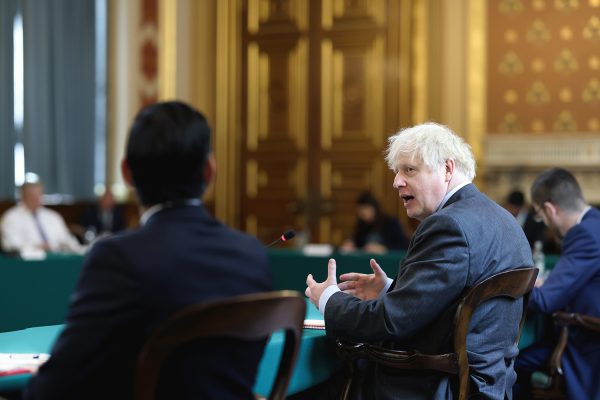
Britain is still trying to have its cake and eat it too.
- It doesn’t want to lose access to the European market, but it doesn’t want to follow EU rules and regulations either.
- It doesn’t want a border in Ulster, but it doesn’t want to keep Northern Ireland in closer regulatory alignment with the EU than the rest of the United Kingdom.
- It doesn’t want a customs border in the Irish Sea, but it doesn’t want regulatory divergence between Northern Ireland and Great Britain.
And it still thinks it can spook the EU into relaxing its red lines by threatening to exit the transition period that ends on December 31 without a trade deal when the absence of a trade deal would hurt the UK far more than the EU.
Red lines
After the Brexit vote, I argued there were three possible outcomes:
- A “hard” Brexit under which Britain would default to WTO trade terms with the EU.
- A Norway-style relationship in which Britain would respect the bulk of EU laws and regulations, including the free movement of people, in exchange for relatively unimpeded trade, or free movement of capital, goods and services.
- EU capitulation, allowing the United Kingdom to continue to trade freely with the EU without paying into the EU budget or accepting free movement of people.
Theresa May, the former prime minister, ruled out the second — and in my view best — scenario when she decided in 2019 that the UK would leave both the European customs union and the single market in order to regain control over its borders, money and laws.
Her successor, Boris Johnson, still appears to be hoping for outcome #3.
The EU has almost seven times the population, and six-and-a-half times the economic output, of the UK. It isn’t impressed by British threats.
Nor is it willing to unwind the fundamental conditionality of the EU’s “four freedoms”. European leaders said as much before the 2016 referendum and they have maintained that line since.
Tradeoff
Something between hard Brexit and a Norway-style deal may still be possible. To simplify: the closer Britain sticks to EU rules on everything from product standards to state aid, the more access it can have to the European market.
But that basic tradeoff, which is obvious to everyone in Europe, somehow eludes the British, or at least those who support Brexit.
